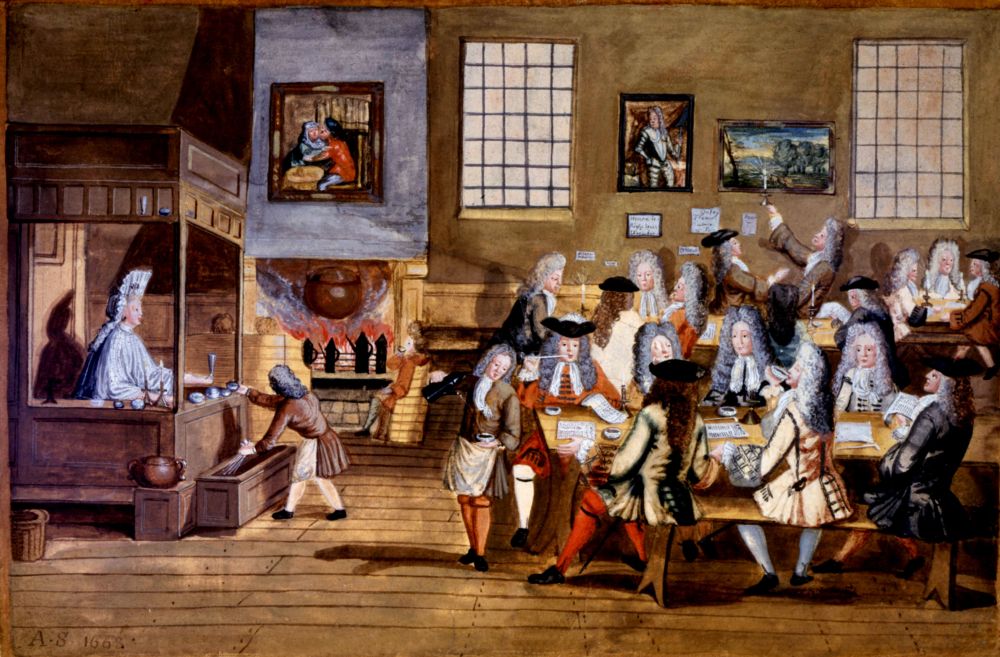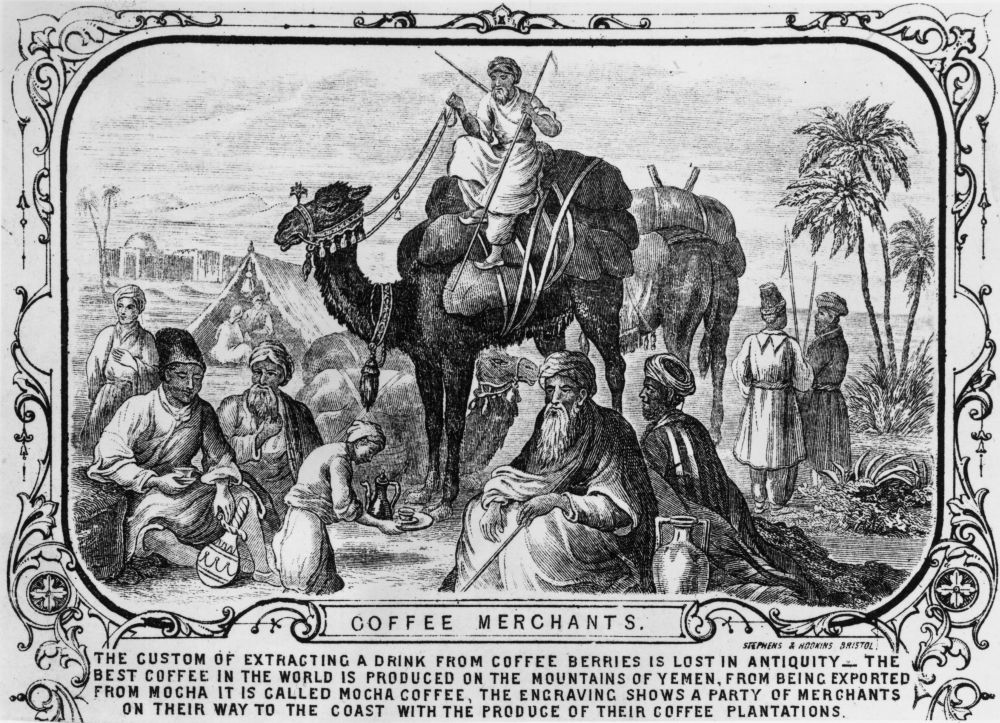Coffee, often hailed as the world’s most popular beverage, has transcended its role as a simple morning pick-me-up to become a versatile elixir that permeates various aspects of our lives. Beyond its aromatic allure and rich taste, coffee serves as a cultural and social catalyst, fostering connections and creating communal experiences. From bustling coffee shops in urban centers to cozy corner cafes in quaint neighborhoods, this versatile beverage has woven itself into the fabric of daily life, offering a comforting ritual that transcends geographical and cultural boundaries.

A Short History : The storied history of coffee unfolds across centuries, originating in the Ethiopian highlands where, according to legend, a goat herder named Kaldi discovered the energizing effects of coffee beans. From its modest beginnings, coffee made its way to the Arabian Peninsula in the 15th century, where it became a cultural mainstay and birthed the world’s first coffeehouses. These establishments, known as qahveh khaneh, served not only as places to enjoy the invigorating brew but also as hubs for intellectual exchange and discourse. Coffee’s journey continued with its introduction to Europe in the 17th century, where it overcame initial skepticism to become a symbol of enlightenment and sociability. Coffeehouses, such as Lloyd’s Coffee House in London, played pivotal roles in shaping intellectual and cultural movements during the Age of Reason. By the 18th century, coffee had firmly established itself in the Americas, becoming a crucial commodity. Today, the global coffee culture stands as a testament to its rich and diverse history, influencing social interactions, culinary trends, and daily rituals across the globe. The journey of coffee, from an Ethiopian hillside to the bustling coffeehouses of Europe and the thriving plantations of the Americas, underscores its enduring significance in shaping human experiences throughout the ages.

While coffee’s social significance is undeniable, its versatility extends far beyond its communal role. This beverage has seamlessly adapted to diverse culinary landscapes, finding its way into an array of culinary creations. From classic espresso-based beverages to innovative coffee-infused recipes, the versatility of coffee shines through in the kitchen. Chefs around the world have embraced its deep, complex flavors, incorporating coffee into desserts, marinades, and even savory dishes, unlocking a world of culinary possibilities.

Beyond its social and culinary adaptability, coffee has also carved a niche in the wellness industry, thanks to its potential health benefits. Studies suggest that moderate coffee consumption may be linked to a reduced risk of certain diseases, such as Parkinson’s and Alzheimer’s. Additionally, the caffeine in coffee has been associated with improved cognitive function, increased alertness, and enhanced physical performance. As health-conscious consumers seek beverages that offer more than just taste, coffee’s versatility positions it as a multifaceted elixir that caters to both the palate and well-being.

Coffee’s journey from a humble morning ritual to a versatile beverage underscores its remarkable adaptability and enduring popularity. Its ability to foster social connections, enhance culinary experiences, and contribute to overall well-being makes it a truly exceptional drink. As coffee continues to evolve and inspire, its versatility ensures that it remains a cherished and integral part of our lives, providing comfort, connection, and creativity in every cup.

